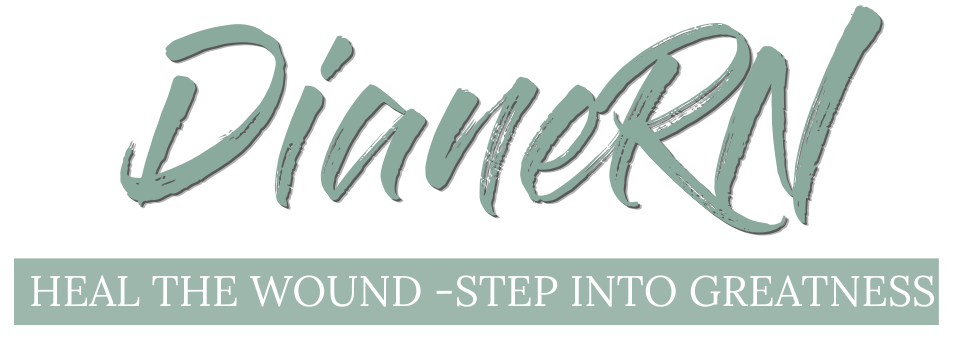PTSD from a toxic relationship is real. Our natural tendency, when we are in fear of something that has traumatized us, is to avoid doing again that which caused us pain. This presents a problem if your PTSD comes from a Narcissist or manipulator, and your goal is to find love.
As a Nurse, I have witnessed the process of recovery from trauma. Recovery is not a straight line. Recovery is messy and confusing.
The process of recovery includes the grief process. When you know what to expect as you work through the process, you can have hope and know that recovery and peace is possible.
After a toxic relationship, I could not make eye contact with men for a year. This is real trauma. This is also a protective function of the mind to keep you out of harm’s way. So we are going to honor the process. After experiencing trauma it is imperative to take time out to contemplate and learn the lessons in this harsh school we call earth.
My time out from the Narcissistic relationship included coaching, reading, studying, and practicing self-care rituals that I continue to this day. In short, I chose myself over toxic relationships. I was learning to love myself in new ways. Nothing like hitting rock bottom to start to look up and see the proverbial light.
The classic stages of grief come in predictable order:
Denial
This stage is usually present while still in a toxic environment. You pull out different strategies to make the whole mess work. You deny that it is as bad as it is. You don’t tell your friends or family while you are in denial, in order to protect this part of the cycle you are in. You are pretending and hoping that it will work. You don’t yet see the full toxicity or the impossibility of the relationship functioning.
Anger
While in a toxic relationship, you are not allowed to express feelings. Your feelings will be met with escalated behaviors, or you will be shamed and blamed. Anger is usually reserved for when you are out of the relationship. When you feel safe, pent-up anger floods every cell in your body.
Bargaining
This stage can happen in or outside the relationship. Basically, you try to do this, or that, to make it work, thinking you have some type of control: “If I just do ____, maybe it will get better.” “He/She was just in a mood, it will blow over.”
Depression
This stage kicks in when you have lost hope. Depression is a phase of deep sadness and hopelessness. This is a time when talking with a therapist, coach or trusted confidante can make a world of difference. Take time to protect and nurture yourself. Drink water. Take walks. Slow down while you recover.
Acceptance
You finally realize that it had to end and that you did the best you could under the circumstances. You might not be proud of your behavior, but when we are under duress and in fear, we are not ourselves. Our self -preservation skills kick in. In retrospect, people may comment on that period while you remained in the relationship that “You were not yourself.”
So now what? Back to love, you don’t want to spend the rest of your life alone, yet you do not want to experience a toxic relationship ever again. What can you do?
Learn skills such as discernment. Learn the characteristics of toxic love, drama dynamics, codependency, narcissism, and manipulators. Look at your upbringing and see where your family of origin could have been the catalyst for setting you up to attract a manipulator or narcissist.
Learn what part you played. Were you an enabler, or a people pleaser? You can change. When you change, you level up and attract different people!
Slow down the process of getting to know someone. You are a special person who deserves the best. Anyone who you might consider for love needs to earn your trust. You are in the driver’s seat.
Article originally posted on Medium.com





